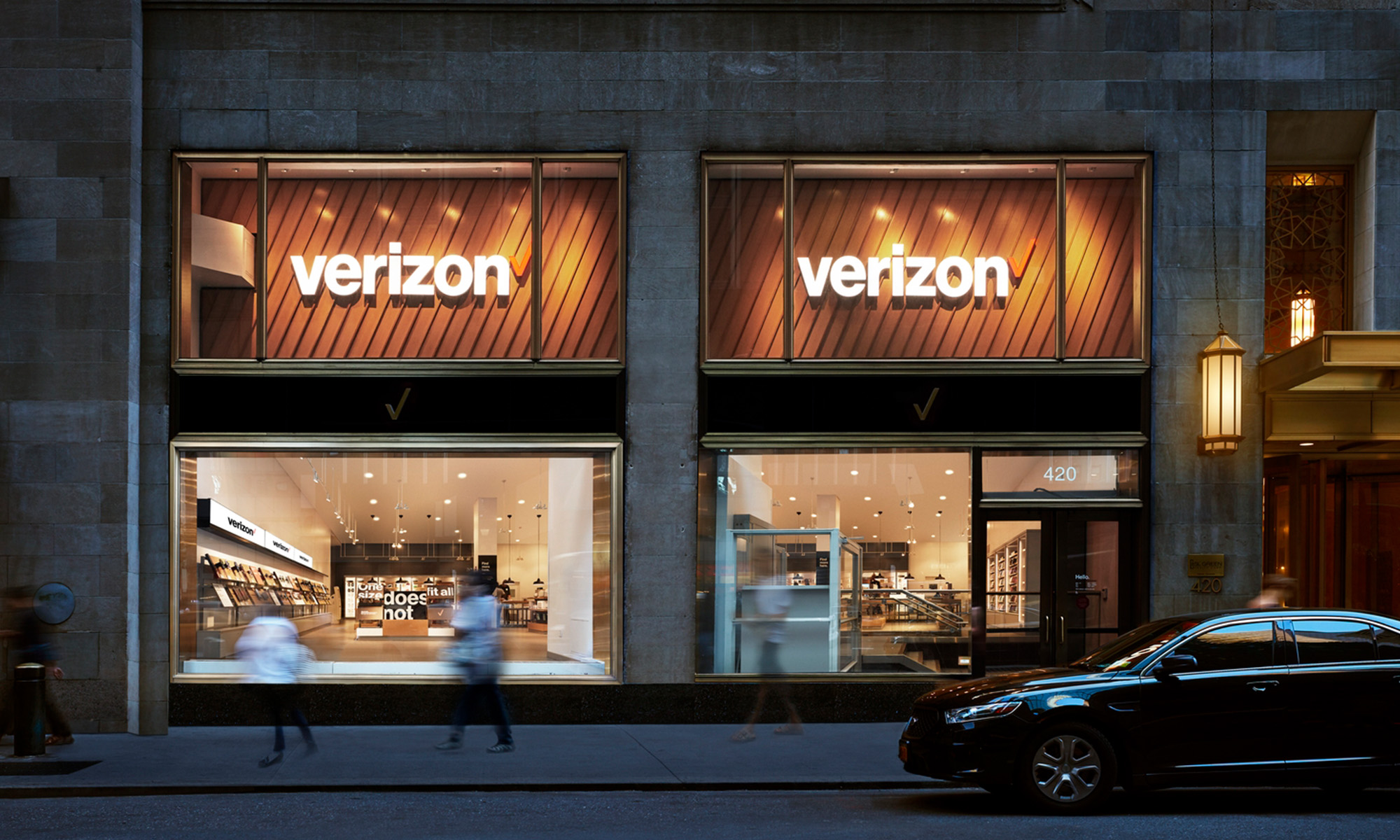Communications giant Verizon (NYSE: VZ) and cable companies like Comcast (Nasdaq: CMCSA) and Time Warner Cable (NYSE: TWC) supposedly compete for video, voice, and Internet customers. But they're about to partner up in a massive new deal, in ways that might ultimately hurt competition -- but they also make serious financial sense.
The great spectrum sale
To transmit information wirelessly, you need the rights to various frequencies of the electromagnetic spectrum -- basically, slices of the public airwaves. Once you've bought licenses to these spectrum bands from the U.S. government, you can sell or trade them to others.
Under a deal approved Aug. 23 by the FCC, Verizon Wireless -- jointly owned by Verizon and Vodafone (NYSE: VOD) -- will pay $3.9 billion for a whopping chunk of unused spectrum owned by cable cabal SpectrumCo:

Source: FCC documents.
As part of the deal, Verizon Wireless will market those cable companies' service through its retail stores, and the cable companies will offer wireless plans that use Verizon's network. To appease the FCC, Verizon also agreed to sell another piece of its own unused spectrum to rival T-Mobile.
But wait: Doesn't Verizon compete with those cable companies? Not just in phone service, but also in video and Internet via its fiber-optic FiOS network? It does -- but Verizon still has a strong incentive to make this deal.
Extra bandwidth on the side, please
As more people join and use Verizon's burgeoning 4G network, it'll need that newly purchased spectrum to handle the extra traffic without slowing down or clogging up. Conveniently enough, by buying their spectrum, Verizon may also ensure that none of those cable companies eventually become its wireless rivals.
The FCC did insist that Verizon Wireless can't market others' cable service in regions where it already offers FiOS. In theory, that will keep Verizon from squashing its own competitive cable alternative in favor of its new partners' products. But in practice, it may mean that Verizon simply puts less effort into wooing new FiOS subscribers.
Fiber-optic networks cost big money to build, especially to extend service to individual homes. And while Verizon doesn't break out FiOS revenue in its reports, the service's customer growth seems to be slowing. Its net new subscribers added for both video and Internet fell year over year in three of Verizon's last four fiscal quarters, by a trailing-12-month average of roughly 18% for both services.
Emphasizing wireless looks like a smart bet for Verizon. Wireless provided 63% of its 2011 revenue, having grown more than 6% annually since 2009. Meanwhile, wireline revenue from FiOS, telephone, and DSL offerings keeps shrinking:

Source: Verizon's 2011 annual report.
Faced with rising costs and diminishing returns, Verizon may be content to let FiOS coast, at least for the near future.
What's in it for the cable companies?
In a 2006 FCC auction, the SpectrumCo partners paid $2.37 billion for the same spectrum they're selling now. That's a 10.75% annualized return on their investment over just six years! More importantly, letting Verizon Wireless stores push their products for them may help them fight the rising costs of adding new subscribers.
Cable services made up nearly two-thirds of Comcast's 2011 revenue, and marketing costs consume an ever-greater portion of that top line:

Source: Comcast's 2011 Form 10-K.
In 2011, its cable revenue grew just 1.8% year over year -- but marketing expenses expanded 11.8%.
Time Warner Cable kept its marketing costs fairly flat from 2010 to 2011. But between 2009 and 2010, the amount it spent per individual customer grew 12.3%, while its revenue grew just 4.7%. And that overall revenue growth slowed even further in 2011, to 3.2%.
A sweet deal for everyone but customers
If Time Warner's revenue growth keeps slowing down, and if Comcast's marketing costs keep growing faster than its top line, both companies' margins could suffer. Offering wireless service without the expense of building out a network, and enlisting even a portion of Verizon's 2,000-plus nationwide retail locations to promote their products, could help boost both businesses' bottom lines.
The Verizon-SpectrumCo deal likely won't encourage fiercer competition or lower prices for cable or wireless service. While consumers may wish to boo this deal, its smart economics should leave investors in these telecom titans cheering.
If you believe our future will run on wireless networks like Verizon's, you'll probably want to read our analysts' take on the wireless tech stock leading "The Next Trillion-Dollar Revolution." Discover its identity, and our full analysis on it, by clicking over to our special free report.






